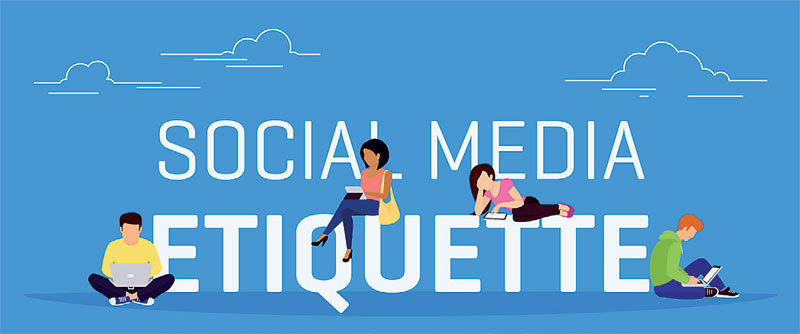Social media etiquette: Friending and unfriending

Social media is all about networking. When it was firstly introduced, excited users went on accepting as many friend requests as possible. While social media, mainly Facebook connects people from around the world, it is a platform to expose vulnerable groups such as teenagers into the wrong hands. Amidst many genuine account users, there are equal numbers of fake profile users who would utilize your personal information for their own benefit. As Facebook became more of a sensation among the younger generation when it was initially introduced, sending friend requests and accepting became a trend.
The dangers of ‘Friending’
As much as teenagers would enjoy having more friends around them, it also carries many risks. ‘Friends’ on social media sites are not actual friends you meet in your day-to-day lives. Therefore they may appear to be friends in disguise. Virtual relationships have taken the lives of many over the past few years and it is always advisable that you do not ‘accept a friend request’ if the person is not known to you. There have been several instances when Facebook became a common cause for escalating teenage suicide rates in several countries.
While it is rather easy to befriend a person via social media, chances are that victims too are addicted to the entire experience of sharing personal information including photos and videos. According to technical experts, Facebook and other social media sites have limited privacy protection plans, thereby reducing options for you to secure your profiles. An unsecured profile is bait for professional hackers to access your information and ultimately bully or intimidate you. Therefore it is advisable to secure your passwords; thereby including a strong password with capital and simple letters, numerals and signs so it will be difficult for them to analyse.
It is also important that you change your password every now and then. Another mistake is that users do not pay much attention to the ‘Terms and Conditions’ in the privacy policy. Without reading it, one will blindly agree to their clauses which may be a disadvantage to you. This has been experienced on numerous occasions where in the case of reporting pages and accounts, Facebook sometimes doesn’t recognize them as causing harm to anybody. Therefore those accounts remain as they are, thereby causing a greater damage and imposing risks to the users.
The advantages of ‘Unfriending’
In most instances, strangers become good friends on Facebook and it could be vice versa as well. There are many success stories of people finding their life partners via social media sites. While there is always a good side to any story, its darker side too exists. Once you feel intimidated or bullied on social media, one would think twice before unfriending or blocking the other person. You could easily be threatened and blackmailed on social media because in most instances the other person may have collected evidence against you. Therefore if you block them, they could still make your photos or videos public and create much embarrassment. For those who want to create a negative impression about you, users have enough chances to hack into your profile and send a potential to virus to everybody in your profile.
Therefore Facebook is not only about having the most number of friends but choosing the proper ones, as it is in real life. People could always misuse your trust for their advantage and once damage is done, it could be irreparable as social media not only connects local users but users from around the world. Therefore it is open for anybody to view, click, share and comment. In the case of teenagers, parents could always advise them to limit their access to these sites but if they have their own technological devices, this could be a challenge. As such, it is always in the hands of the user to be responsible for their own safety even on social media.
Kamanthi Wickramasinghe









































.jpg)
.jpg)
.jpg)

.jpg)
.jpg)
